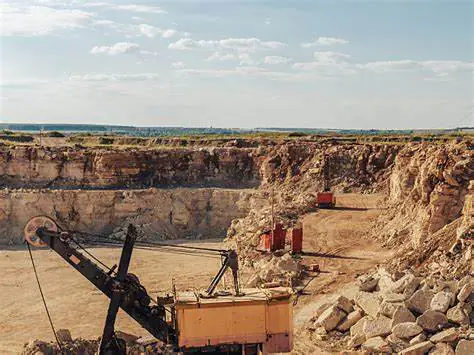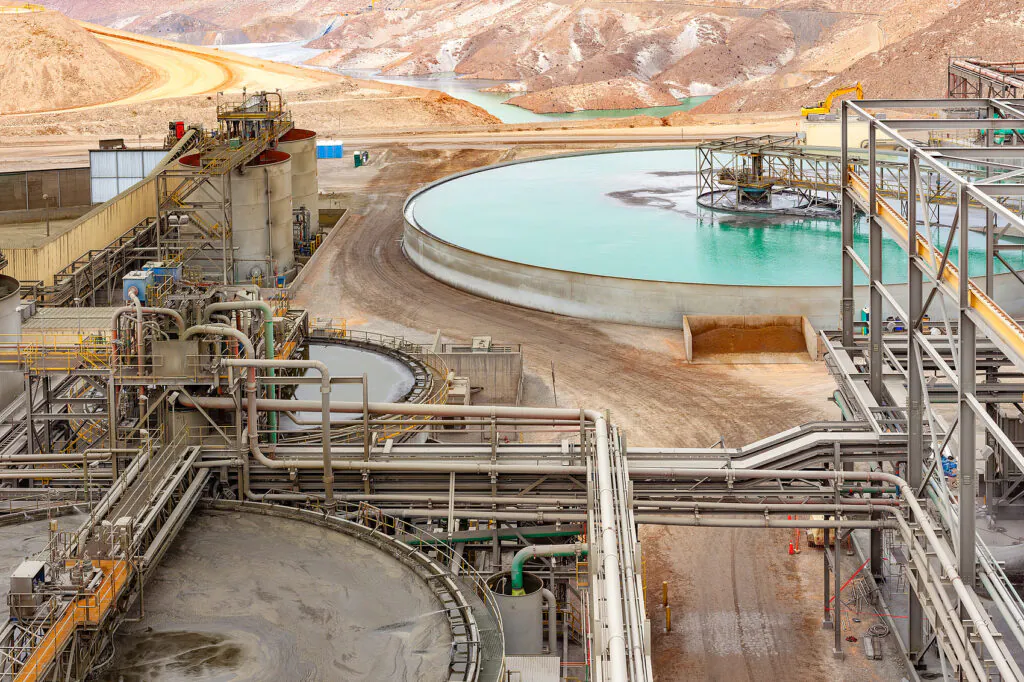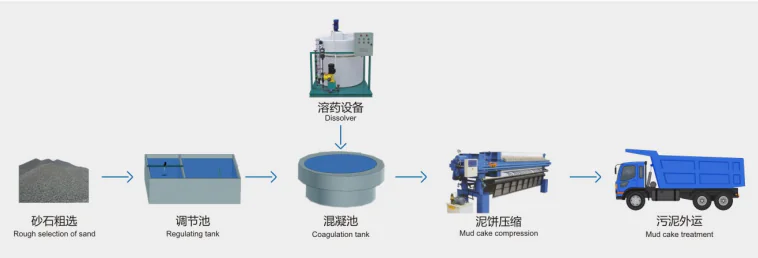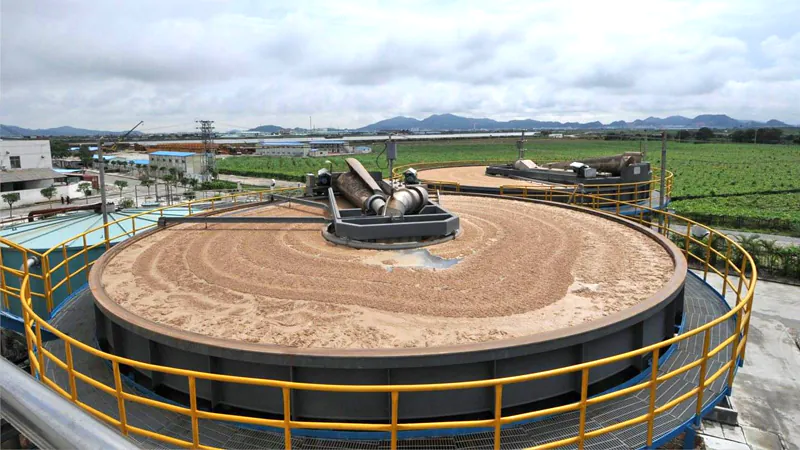Introduction
Chemical additives are essential in mineral processing, helping to improve efficiency at various stages. Among them, polyacrylamide (PAM) and polyaluminum chloride (PAC) are widely applied in ore separation, wastewater treatment, and tailings disposal. With increasing environmental regulations, the industry must focus on both optimizing resource recovery and minimizing ecological impact.

Key Applications in Mineral Processing
- Ore Separation: Improving Extraction Efficiency
Extracting valuable minerals from raw ore is a crucial step in processing. PAM is often used to help fine particles cluster together, making the separation process more effective. This reduces energy consumption while improving overall recovery rates.
- Example: In metal and coal industries, PAM helps valuable mineral particles combine more efficiently, leading to a higher separation success rate. This approach is straightforward and enhances operational efficiency.
- Water Treatment: Enhancing Wastewater Purification
Ore processing produces wastewater containing suspended particles that must be treated before disposal or reuse. PAC and PAM work together to make these particles clump and settle quickly, ensuring cleaner water that can be recycled, thus lowering freshwater demand.
- Example: Using PAM and PAC in wastewater treatment helps remove tiny impurities, making the water suitable for reuse. This approach saves resources and reduces environmental impact.

- Tailings Management: Minimizing Environmental Risks
After mineral extraction, leftover materials known as tailings remain. If not handled correctly, they can lead to environmental pollution. PAM facilitates the rapid settling of solid waste, allowing cleaner water to be separated and reducing long-term ecological damage.
- Example: When PAM is added to tailings ponds, solid particles sink faster, improving water clarity and making further treatment or reuse possible. This method ensures compliance with environmental safety standards.
Core Steps in Mineral Processing
- Crushing and Grinding
Raw ore must be broken into smaller pieces to prepare for further separation.
- Screening and Classification
Crushed materials are sorted by size. PAM helps regulate slurry viscosity, improving the effectiveness of the screening process.
- Flotation: Essential for Mineral Separation
Flotation allows minerals to attach to air bubbles for separation. PAM improves this process by strengthening the bond between mineral particles and bubbles, leading to better flotation efficiency.

- Thickening and Filtration
After flotation, the slurry still contains water. PAM accelerates solid settling, making it easier to remove excess moisture and produce concentrated minerals.
- Dewatering and Drying
Further processing is required to remove residual water. PAM supports rapid particle settling, enhancing dewatering efficiency and reducing drying costs.
- Tailings Processing: Ensuring Environmental Compliance
Proper tailings treatment prevents pollution. PAM enables faster solid settling, resulting in cleaner water that can either be discharged safely or reused.
Environmental Significance
The mineral processing sector must balance production efficiency with sustainability. PAM and PAC help reduce wastewater pollution and promote water reuse. By improving water recycling, these chemicals lower operational costs and support environmental conservation efforts.

Conclusion
The use of PAM and PAC plays a vital role in mineral processing, increasing efficiency in separation, reducing water waste, and minimizing ecological harm. Through proper application, mining companies can achieve higher resource recovery while maintaining sustainable practices. Optimizing chemical usage in mineral processing supports both economic and environmental goals.
